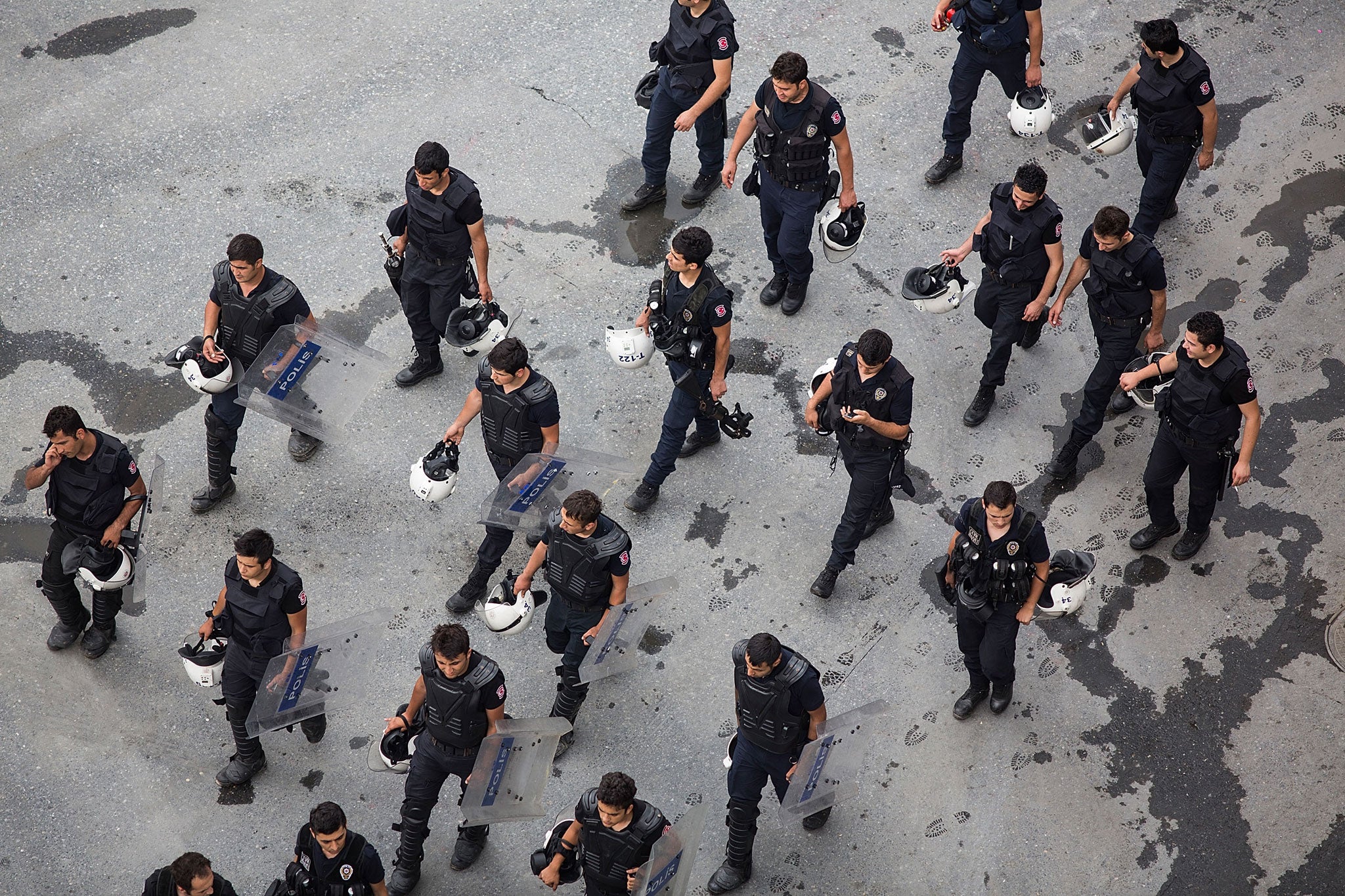Your support helps us to tell the story
From reproductive rights to climate change to Big Tech, The Independent is on the ground when the story is developing. Whether it's investigating the financials of Elon Musk's pro-Trump PAC or producing our latest documentary, 'The A Word', which shines a light on the American women fighting for reproductive rights, we know how important it is to parse out the facts from the messaging.
At such a critical moment in US history, we need reporters on the ground. Your donation allows us to keep sending journalists to speak to both sides of the story.
The Independent is trusted by Americans across the entire political spectrum. And unlike many other quality news outlets, we choose not to lock Americans out of our reporting and analysis with paywalls. We believe quality journalism should be available to everyone, paid for by those who can afford it.
Your support makes all the difference.It is particularly poignant that a silent man has become the latest face of the unrest that began in Istanbul and has spread across Turkey.
Erdem Gunduz, now dubbed 'standing man', has taken to holding eight hour long silent vigils in Taksim Square, Istanbul, a course of action now copied by hundreds around him.
In Turkey too, voices are in danger. At least eight journalists were briefly arrested yesterday. Media personnel were kept at a distance from the ongoing police operation to clear the square.
“The illegal arrests must stop at once, and investigations must be carried out in order to punish those responsible for the abuses,” said Reporters Without Borders, the international organisation that campaigns for a free press. “Officials must also clearly condemn this behaviour and stop scapegoating the media in their speeches because it gives the impression that they are encouraging these excesses.
“We are very disturbed by the increasingly systematic nature of the police violence, which seems more like revenge than law enforcement. It is unacceptable for journalists to be deliberately targeted, prevented from working and beaten by the police officers who are supposed to protect them.”
Reporter Gökhan Biçici and cameraman Okan Altunkara of pro-Kurdish IMC TV, Dogan New Agency reporters Ferhat Uludaglar and Ugur Can, cameraman Emre Fidan of nationalist TV channel Ulusal Kanal and Aslan Sahan, a reporter for the Aydinlik daily newspaper, were arrested on Sunday, as they reported on clashes between police and demonstrators in various Istanbul neighbourhoods.
Police grabbed Biçici’s gas mask and iPad and dragged him along the ground. According to the latest information, he is still in police custody, as is Daniele Stefanini, an Italian freelancer who was injured and arrested.
Other journalists have had their photos and video footage deleted by the police. Cem Türkel, a photographer for the evening newspaper Aksam, for example, was forced to delete the photos he had just taken of clashes in the district of Harbiye, near Taksim Square, on the night of 15 June.
A British freelance journalist also claimed to have been arrested and held by police for three hours last night in the district of Osmanbey. When his camera and microphone were returned his photos and recordings had been deleted. His notebook and press card have not been returned. Police are currently refusing media personnel without press accreditation access to Taksim Square and other areas of high police presence.
Police hit photographer Eylem Düzyol with batons as she took photos in Istanbul at the weekend. “We had been working within view of the police since the morning,” she told Reporters Without Borders. “They knew perfectly well that we were journalists and I even showed my press card to convince them. But they still kept hitting us.” They plan to file a complaint.
Foreign journalists have been targeted too, with Russian reporter Arkady Babchenko arrested while photographing police vehicles on Taksim Square on 14 June. He was held overnight and is now having trouble walking because of the blows he received to his legs.
Another Russian, Alexandra Bondarenko, a reporter for Russia Today TV’s Spanish-language service was hit by a rubber bullet while covering clashes on the evening of 15 June..
According to some accounts, police also deliberately fired teargas at journalists covering the past weekend’s protests near Kizilay Square in Ankara.
The Turkish Association of Journalists (TGC) asked Istanbul’s governor and senior police officers to put a stop to the arrests of journalists. The association also said that Prime Minister Recep Tayyip Erdogan’s threats against the media “are endangering the safety of journalists.”
The Islamist newspaper Zaman’s news director, Ibrahim Dogan, was admitted to Taksim Hospital the same day with a broken arm after being hit by a teargas canister fired by the police.
Many other Turkish journalists have been hit with teargas, and sustained other, more serious injuries as police have sought to clear the protests. Some have ended up with broken limbs, and other serious injuries.


Join our commenting forum
Join thought-provoking conversations, follow other Independent readers and see their replies
Comments